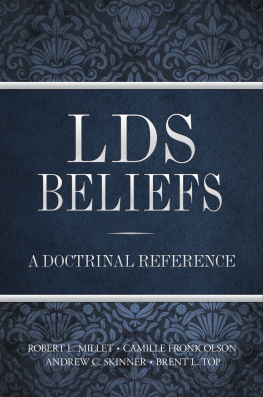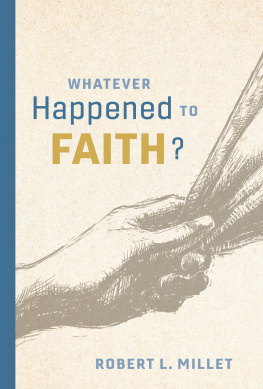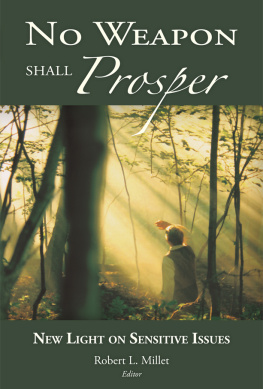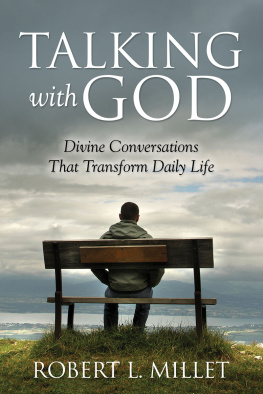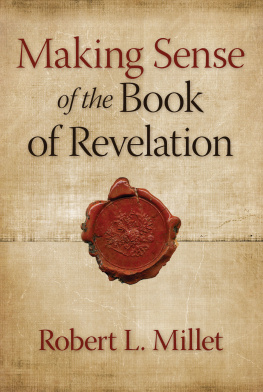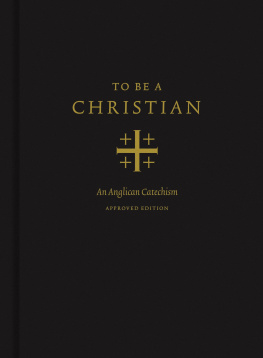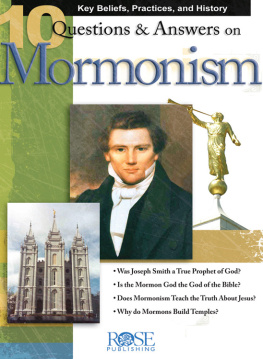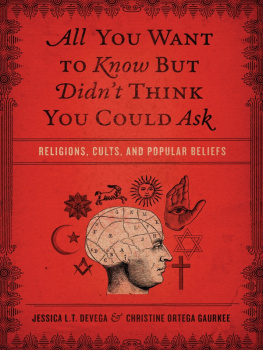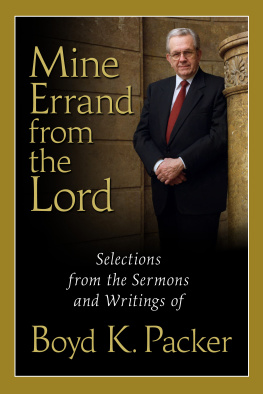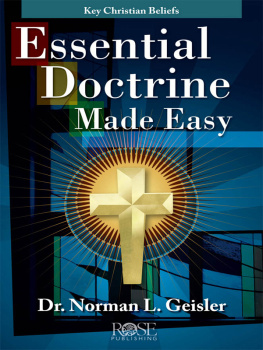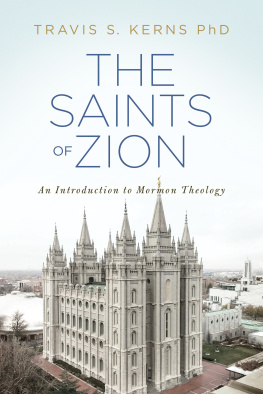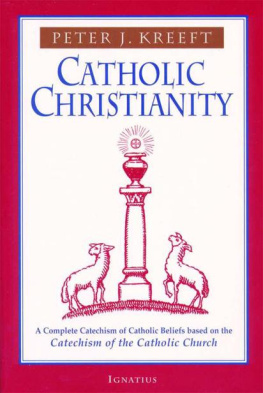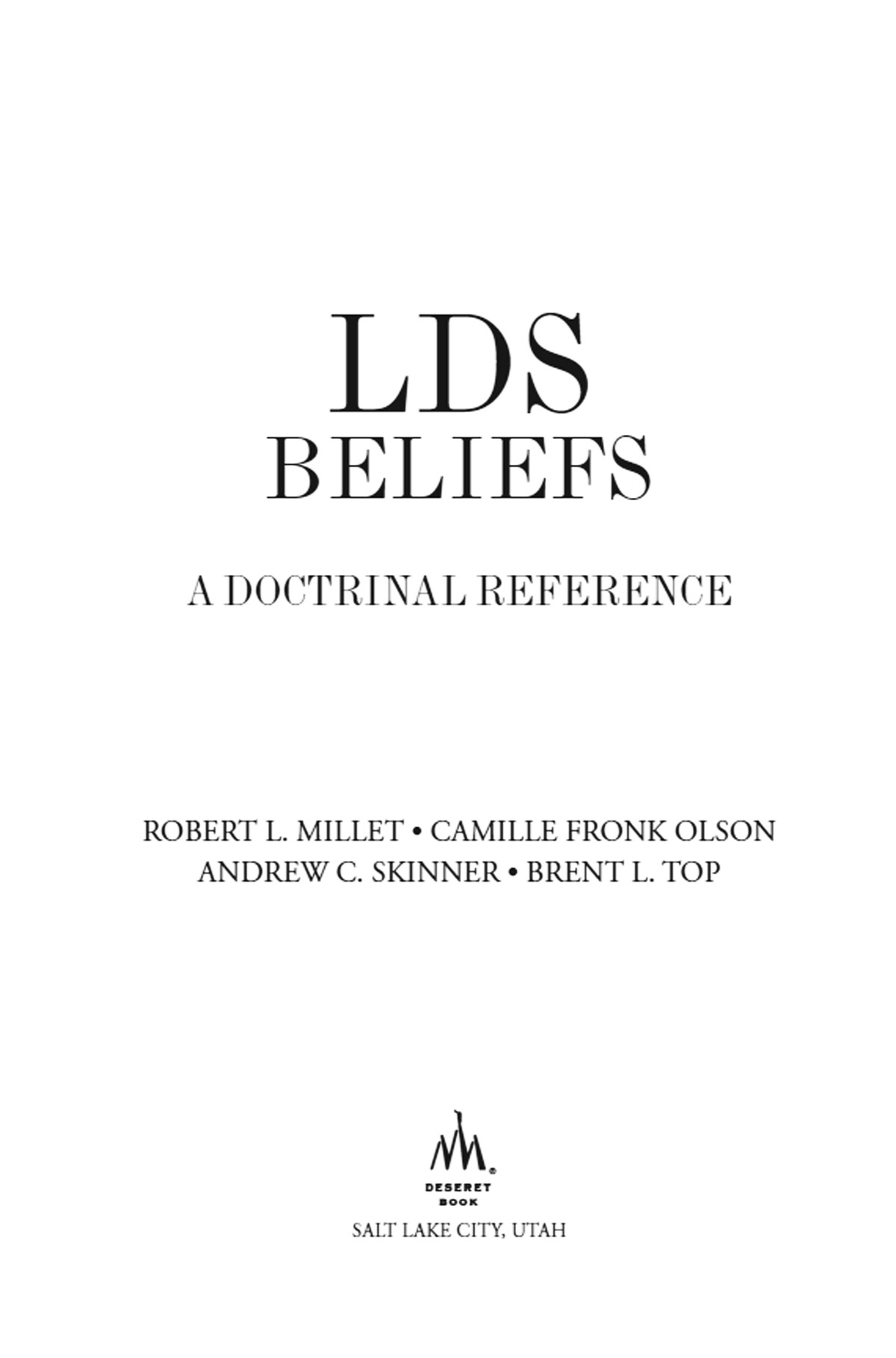2011 Robert L. Millet, Camille Fronk Olson, Andrew C. Skinner, and Brent L. Top.
All rights reserved. No part of this book may be reproduced in any form or by any means without permission in writing from the publisher, Deseret Book Company, P.O. Box 30178, Salt Lake City Utah 30178. This work is not an official publication of The Church of Jesus Christ of Latter-day Saints. The views expressed herein are the responsibility of the author and do not necessarily represent the position of the Church or of Deseret Book. Deseret Book is a registered trademark of Deseret Book Company.
Visit us at DeseretBook.com
Library of Congress Cataloging-in-Publication Data
Millet, Robert L., author.
LDS beliefs : a doctrinal reference / Robert L. Millet, Camille Fronk Olson, Andrew C. Skinner, and Brent L. Top.
p. cm.
Includes bibliographical references and index.
ISBN 978-1-60908-059-4 (hardbound : alk. paper)
1. The Church of Jesus Christ of Latter-day SaintsDoctrinesEncyclopedias. 2. Mormon ChurchEncyclopedias. I. Olson, Camille Fronk, author. II. Skinner, Andrew C., 1951 author. III. Top, Brent L. IV. Title.
BX8605.5.M55 2011
230'.93dc23 2011019590
Printed in the United States of America
Publishers Printing, Salt Lake City, UT
10 9 8 7 6 5 4 3 2 1
Acknowledgments
As with any project, but particularly with one as extensive and complex as this one, there are many people whose contributions have been crucial. First, we are grateful to our faculty colleagues in Religious Education at Brigham Young University, many of whom served as sounding boards to our ideas, read our entries, and suggested changes that have improved this work. It is wonderful to have experts in so many fields just down the hall who are willing to share ideas and provide valuable critique.
We also appreciate the help of our research assistants and student secretaries who helped us organize the topics, check the sources, and prepare the manuscript for publication: Connie Lankford Brace, Adele Gabriel, Mia Gabriel, KateLyn Jenkins, Karra King, Camilla Schulte, Rachel Thompson, Shealyn Moon, and Dana Kendall.
We are especially grateful to Sheri Dew and Cory Maxwell for their encouragement, support, and careful oversight of this project. Our editor, Suzanne Brady, is without peer. We are most appreciative of her efforts and those of her associates Michael Morris and Derk Koldewyn in producing a book that is so much better than the submitted manuscript. We likewise appreciate the efforts of Shauna Gibby as designer and Rachael Ward as typographer. In short, we have been blessed by the kind professionalism of the staff of Deseret Book Company.
Introduction
Joseph Smith wrote, We believe all that God has revealed, all that He does now reveal, and we believe that He will yet reveal many great and important things pertaining to the Kingdom of God (Articles of Faith 1:9). Truth is eternal, but our grasp of that truth, our insight into its application, and the way our leaders emphasize the implications of that truth may expand as time goes by.
It is precisely for that reason that we have written this volume. Because the Lord is revealing himself and his plan of salvation line upon line, precept upon precept (Isaiah 28:10; 2 Nephi 28:30), few published works within Latter-day Saint literatureother than the scriptures themselveswill have an eternal shelf life. Elder Jeffrey R. Holland taught: In our heartfelt devotion to Jesus of Nazareth as the very Son of God, the Savior of the world, we invite all to examine what we have received of Him, to join with us, drinking deeply at the well of water springing up into everlasting life [John 4:14], these constantly flowing reminders that God lives, that He loves us, and that He speaks. I express the deepest personal thanks that His works never end and His words... never cease (94).
In the revelation we call the Olive Leaf, the Lord instructed the early Latter-day Saints: I give unto you a commandment that you shall teach one another the doctrine of the kingdom.Teach ye diligently and my grace shall attend you, that you may be instructed more perfectly in theory, in principle, in doctrine, in the law of the gospel, in all things that pertain unto the kingdom of God, that are expedient for you to understand (D&C 88:7778; emphasis added). Saints from the beginning of this dispensation have listened and learned from their leaders and from one another. Almost everything we do in the restored Church entails teaching and training, with repeated reference to the words of the prophets.
There is a vital need in our day for committed and competent disciples who not only know the gospel is true but also know the gospel. Our quest to comprehend the tenets of the restored gospel is practical and experiential as well as theological: what we know affects what we do, and what we do affects who and what we become (Oaks, 3234). True doctrine, understood, changes attitudes and behavior, Elder Boyd K. Packer explained. The study of the doctrines of the gospel will improve behavior quicker than a study of behavior will improve behavior.... That is why we stress so forcefully the study of the doctrines of the gospel (Children, 17). Elder Neal A. Maxwell pointed out that doctrines believed and practiced do change and improve us, while ensuring our vital access to the Spirit. Both outcomes are crucial (page x).
The Lords house is a house of order (D&C 132:8). Modern apostles and prophets have been called and put in place for the perfecting of the saints, for the work of the ministry, for the edifying of the body of Christ: till we all come in the unity of the faith, and of the knowledge of the Son of God, unto a perfect [meaning whole, complete, mature] man, unto the measure of the stature of the fulness of Christ: that we henceforth be no more children, tossed to and fro, and carried about with every wind of doctrine, by the sleight of men, and cunning craftiness, whereby they lie in wait to deceive; but speaking the truth in love, may grow up into him in all things, which is the head, even Christ (Ephesians 4:1215; emphasis added).
President J. Reuben Clark Jr. taught that some of the General Authorities have had assigned to them a special calling; they possess a special gift: they [the apostles] are sustained as prophets, seers, and revelators, which gives them a special spiritual endowment in connection with their teaching of the people. They have the right, the power, and authority to declare the mind and will of God to his people, subject to the overall power and authority of the President of the Church. Others of the General Authorities are not given this special spiritual endowment and authority covering their teaching; they have a resulting limitation, and the resulting limitation upon their power and authority in teaching applies to every other officer and member of the Church, for none of them is spiritually endowed as a prophet, seer, and revelator. President Clark added that the president of the Church alone has the right to receive revelations for the Church, either new or amendatory, or to give authoritative interpretations of scriptures that shall be binding on the Church, or change in any way the existing doctrines of the Church (910; or Packer, Apostles, 6).
And so we look to those upon whom the keys of the kingdom have been conferred to establish doctrine, interpret doctrine, clarify doctrine, and explicate doctrine. In this volume we have not sought to be novel or creative in our presentation but rather to defer to the Lords anointed, saying none other things than that which the prophets and apostles have written (D&C 52:9). To determine whether something is a part of the doctrine of the Church, we have asked ourselves and one other: Is it in the four standard works? Is it in official declarations or proclamations? Is it taught in general conference or other official gatherings by general authorities or general officers of the Church today? Is it in the current general handbooks or approved curriculum of the Church? If it meets one or more of these criteria, we have felt safe in drawing upon it (Approaching).

